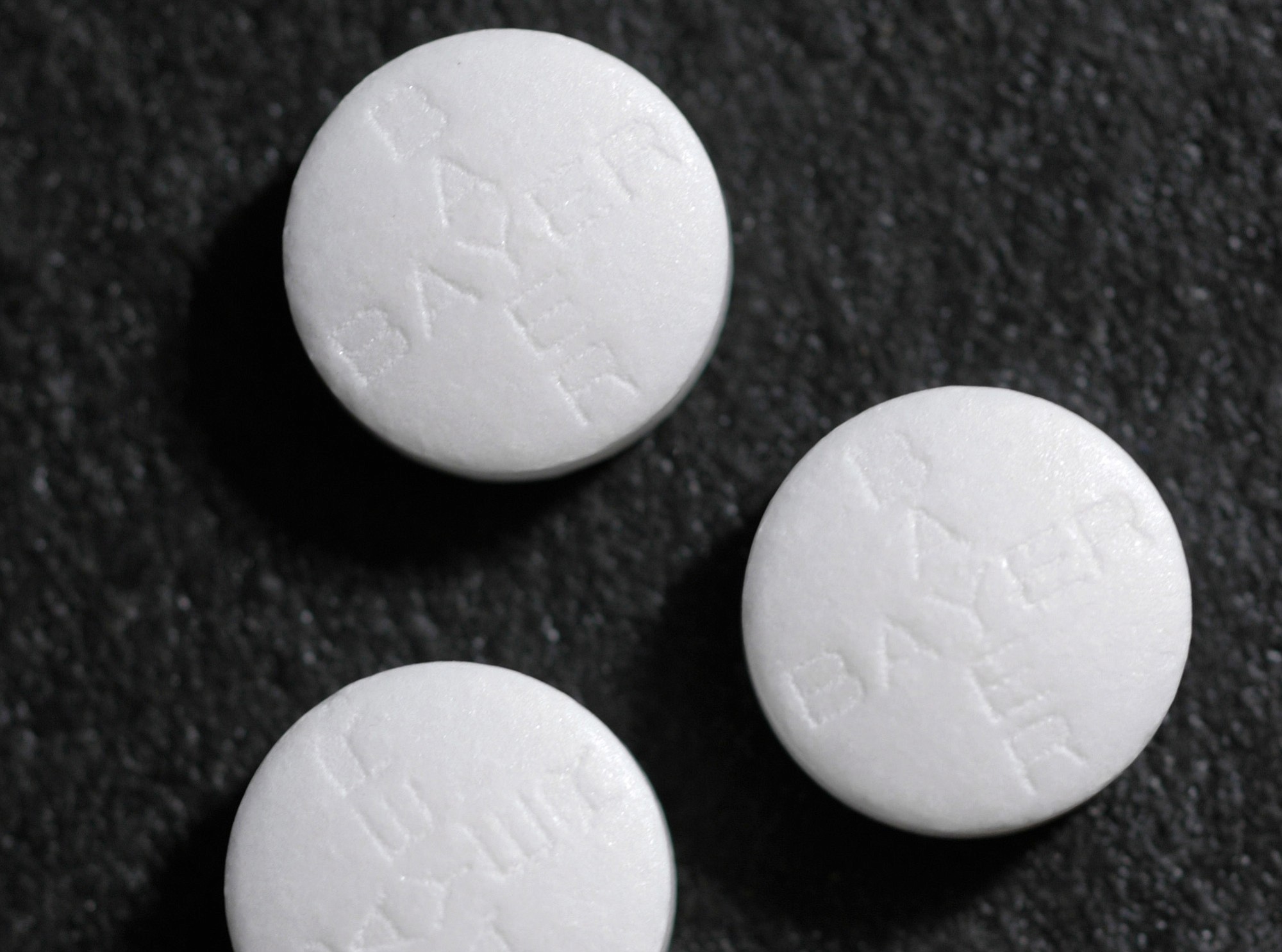Regular aspirin use cut the risk of pancreatic cancer by half, according to a finding that adds one of the most lethal malignancies to the list of diseases the inexpensive pill may help fight.
Men and women who took a low dose, about 75 to 325 milligrams, of aspirin daily, usually to prevent heart disease, had a 48 percent lower risk of pancreatic cancer, according to research published in Cancer Epidemiology, Biomarkers & Prevention, a journal of the American Association for Cancer Research. Taking aspirin regularly for a decade cut the risk by 60 percent.
Studies have found that regular aspirin use reduces the risk for colon, esophageal, lung and prostate cancers, and it is often prescribed to lessen heart attack and stroke risk. About one in 60 adults will develop pancreatic cancer, which has a five-year survival rate of less than 5 percent.
“If people are already using low-dose aspirin for cardiovascular disease prevention, they can feel good that most likely it’s lowering their risk for pancreatic cancer,” said senior study author Harvey Risch, professor of epidemiology at Yale University in New Haven, Conn. “For people whose doctors have told them … that they are at higher risk for pancreatic cancer, using aspirin might be beneficial as part of a plan to try to lower their risk.”



